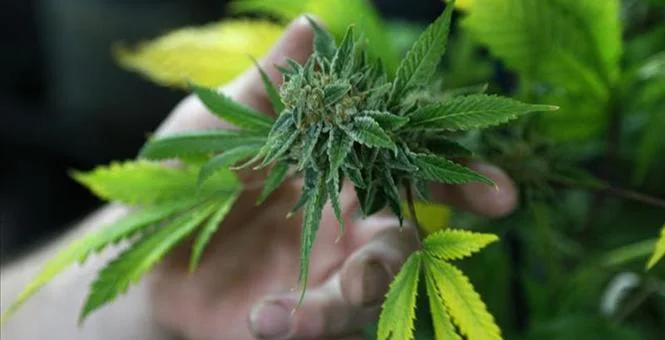The tax burden falls to cities and counties under the legalization initiative. The state of California cannot collect taxes from the sales of marijuana, therefore this monumental and expensive task falls to each of the state’s 416 cities and 58 counties. The end result will be a patchwork quilt of taxes and procedures across all local governments. Will your city or county be able to collect taxes from the large, powerful marijuana cartels operating in your area?
Regulating the growing and selling of marijuana will also default to the same under-funded cities and counties. Anyone will be able to grow and sell marijuana, even those with a criminal record. Much of the marijuana in California is supplied by illegal drug cartels and marijuana grow sites that ravage our environment. Legalization, as proposed, does nothing to fix these problems. Drug cartels and other, smaller operations will always want to operate in the black market, as they won't have to report their sales, pay their taxes, or adhere to marijuana-related laws and ordinances. As a Rand research report concluded, “There is a tremendous profit motive for the existing black market to stay in the black market, as they can cover their costs of production and make a nice profit.”
A further problem occurs when employment is taken into consideration. Employers will be forced to accommodate marijuana usage and will not be able to test for use in their employees. The federal government, which employs more California citizens than any other single entity, requires a drug-free workplace. If this can’t be guaranteed, jobs will go to other states.














